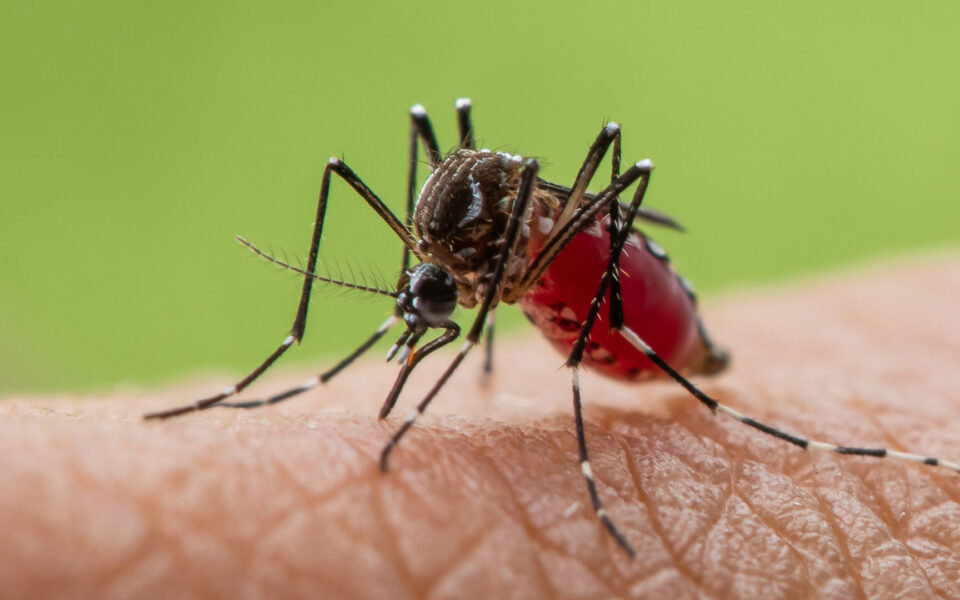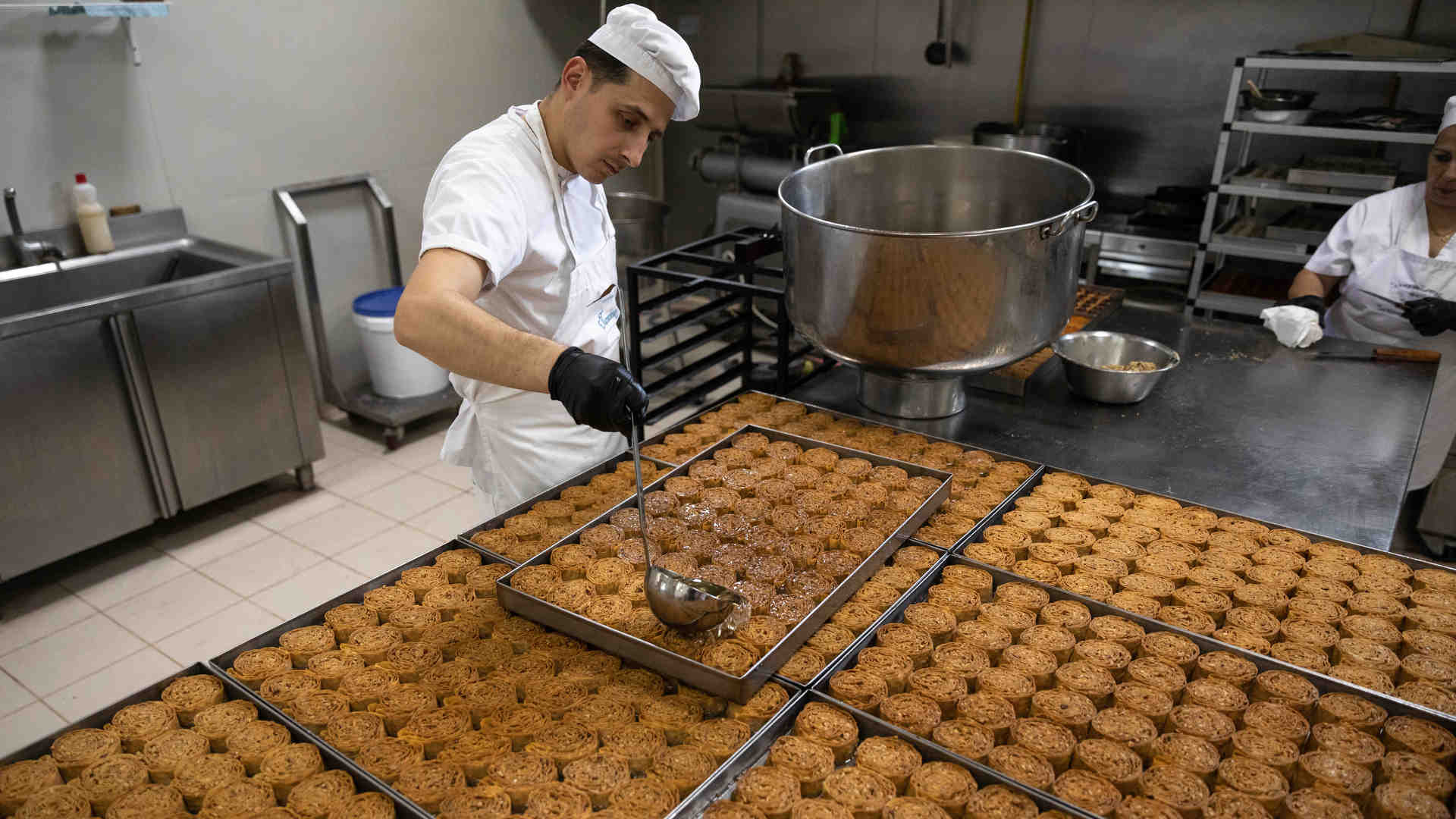Australia’s international borders reopen on 21 February. Here’s what you need to know
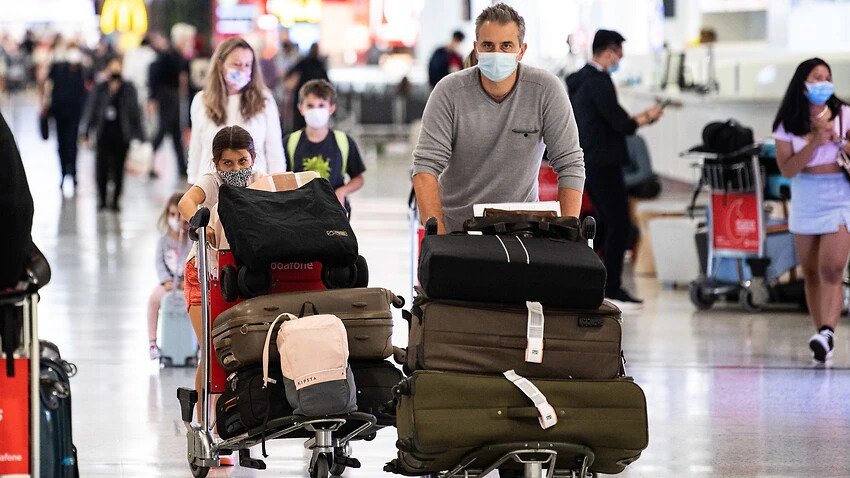

International tourists will be able to enter Australia for the first time in nearly two years when the country opens its borders on 21 February.
Announcing the measure this week, Home Affairs Minister Karen Andrews said the move was “protecting the health of Australians, but at the same time working towards our economic recovery here”.
SBS News looks at the key questions as another relaxation of COVID-19 travel restrictions is on the horizon.
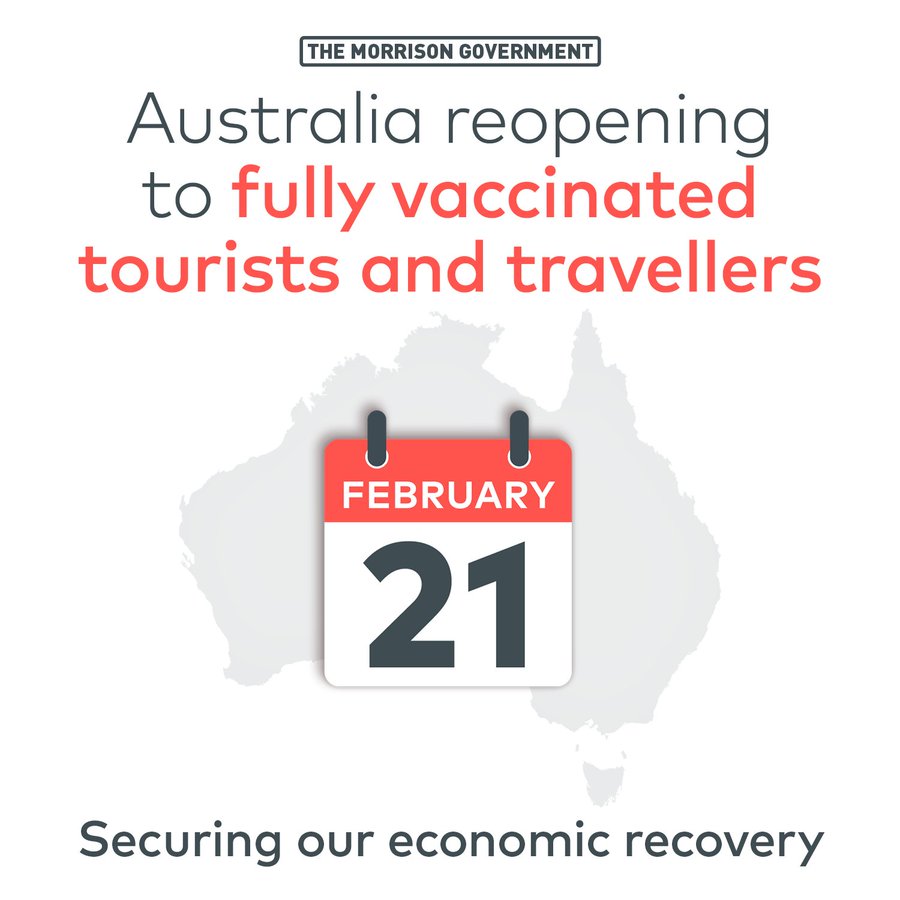
What is happening?
Australia will no longer require people to have an exemption to enter the country from later this month, allowing tourists, business travellers and other visitors to enter the country for the first time since March 2020.
Prime Minister Scott Morrison said Cabinet had decided to take the next step in the gradual reopening of the borders.
“It’s a sensible and, I think, very important move for us to make as we … as best as we possibly can this year, drive Australia back to a position of as much normality as we can achieve,” he told reporters.
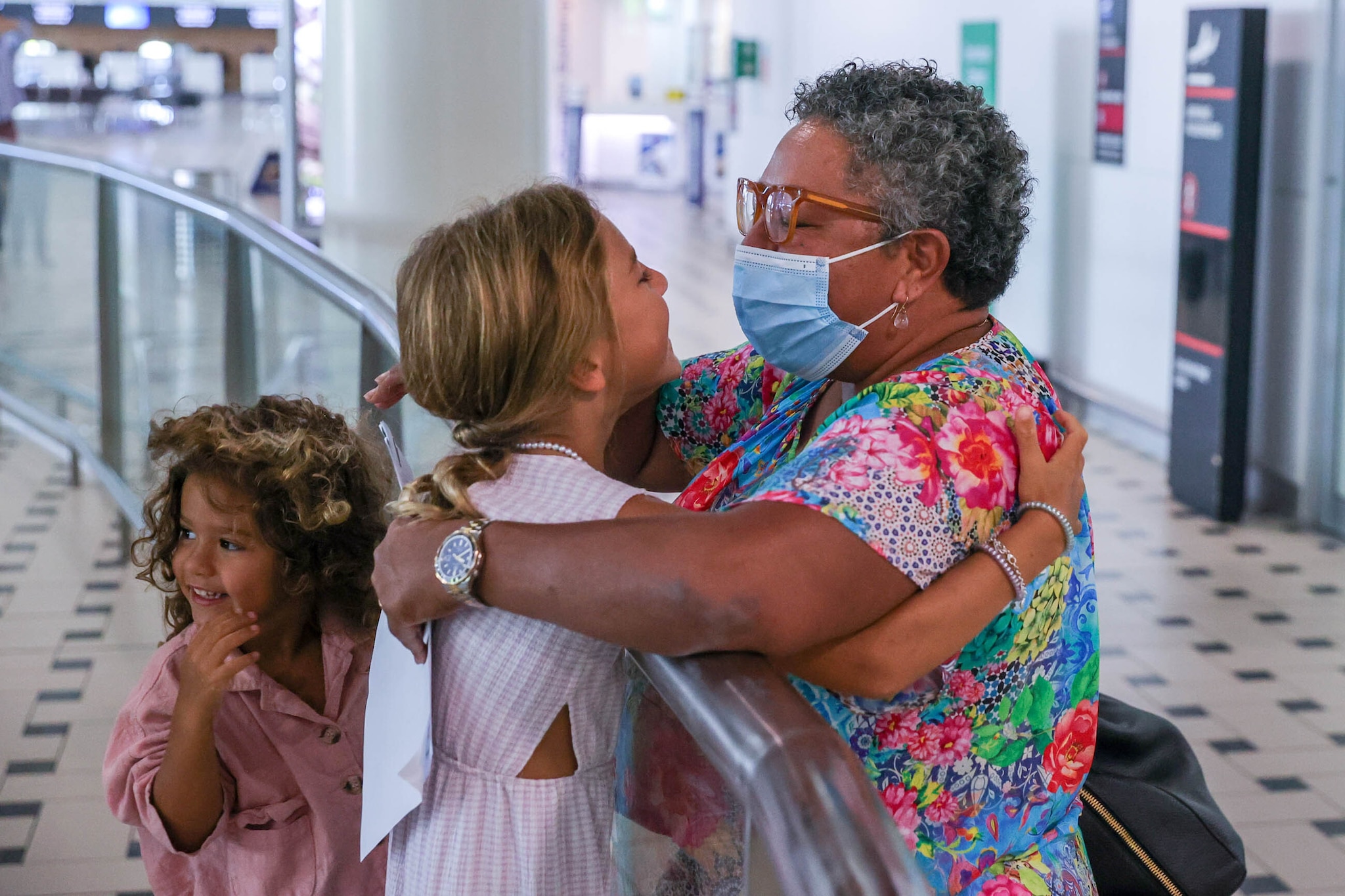
What are the requirements?
People looking to travel to Australia after 21 February will not need an exemption to travel, but must be able to show they have been vaccinated or possess a medical certificate.
Guidance on the Department for Home Affairs website said “fully vaccinated” means having been given two doses of either the AstraZeneca, Pfizer/BioNTech, Moderna, Sinovac, Bharat, Sinopharm (for people under 60 years of age on arrival in Australia), Sputnik or Novavax inoculation, or one dose of the Johnson & Johnson developed Janssen vaccine.
These are all approved or recognised by the Therapeutic Goods Administration, and the body is evaluating other vaccines which could be added to this list in the future.
But individual state and territory jurisdictions can introduce their own restrictions, with Victorian Premier Daniel Andrews saying international visitors must have received three doses of an approved vaccine.
Federal Finance Minister Simon Birmingham said Mr Andrews was fuelling uncertainty and should reconsider because the state could miss out on the economic boost travellers will bring.
“The Commonwealth health advice says that we can go with the double dose,” he told the Nine Network on Wednesday.
“Of course, he [Mr Andrews] can offer, we can offer … the chance to get a booster when they get here. We don’t want to have a fight over this. We want them [Victoria] to adhere to the same type of approach that we’re trusting the rest of the country will stick to, which is the health advice says double dose.”
What about people who are not vaccinated?
Those who cannot be vaccinated for medical reasons are able to “access the same travel arrangement” as fully vaccinated people, the department said.
This will involve people having to show a medical certificate, in English, including details of their name, date of medical consultation and details which outline their condition. Previous infection with COVID-19 is not considered a medical contraindication for COVID-19 vaccination, the government said, with Mr Morrison alluding to the case of Novak Djokovic when he said “events earlier in the year should have sent a very clear message to everyone around the world”.
Children under 12 are considered fully vaccinated for travel purposes, even if they have not been given any dose, while arrangements are in place to allow unvaccinated or partially vaccinated children between 12 and 17 to arrive into certain states and territories with a fully vaccinated adult.
Is this the case for all of Australia?
States and territories are still able to have local requirements which must be adhered to, even after 21 February, which can include quarantine, testing requirements or even refusal to enter.
Most states and territories allow quarantine free travel from overseas, apart from Western Australia, which maintains a two-week requirement.
WA’s border reopening to the rest of the world has been indefinitely delayed, since Premier Mark McGowan decided to postpone a 5 February deadline.
What has happened with Australia’s gradual reopening?
The prime minister announced the “unprecedented step” of closing borders to non-citizens and non-residents on 20 March 2020, adding: “Our number one priority is to slow the spread of coronavirus to save lives.” There was also a travel ban preventing Australians from travelling overseas without an exemption.
In October 2021, immediate family members of Australians and permanent residents were able to apply for an exemption to entry into Australia, but were subject to state and territory quarantine arrangements.
They partially reopened to international students and temporary graduate visa holders on 15 December last year – postponed from 1 December – and a range of other visa holders were allowed to enter without an exemption from that date, including 482 Temporary Skills Shortage, 417 Working Holiday and 870 Sponsored Parent.
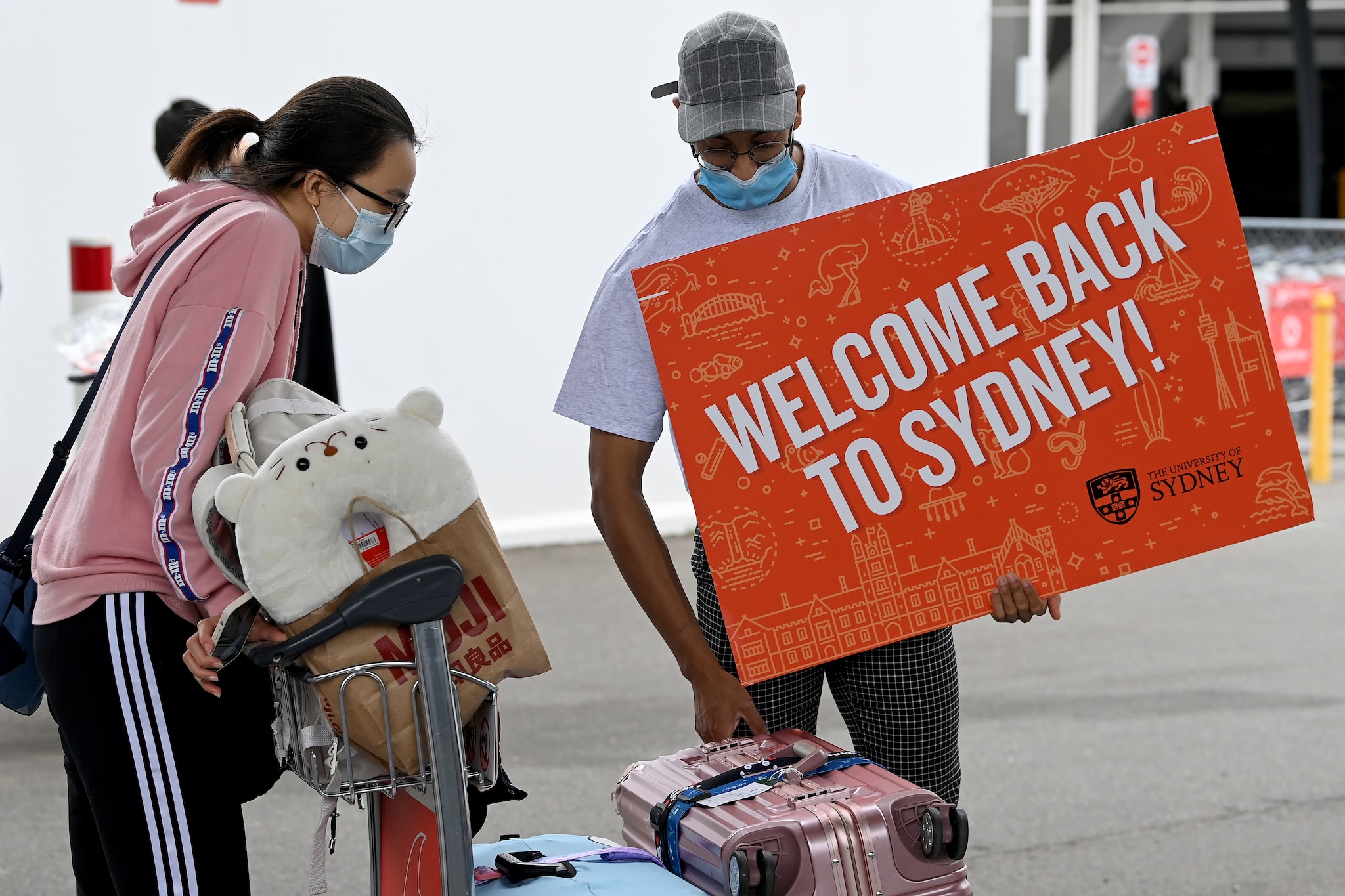
What restrictions do other countries have on travel from Australia?
While Australia may be opening its borders to visitors, there may be issues for tourists when they look to return home with border requirements frequently changing.
Australia was removed from the European Council’s so-called “green list” in January along with Argentina and Canada, with each EU country able to set rules on entry requirements.
The Centres for Disease Control in the US has also deemed Australia a “very high” Level 4 destination and has urged people to “avoid travel to these destinations. If you must travel to these destinations, make sure you are fully vaccinated before travel”.
Prior to the pandemic, tourists from China were a major contributor to Australia’s tourism economy, but the nation has maintained strict rules for international travel as it attempts to limit the spread of COVID-19, with travellers entering China from abroad required to quarantine for 14 days on arrival.
Source: sbs.com.au

